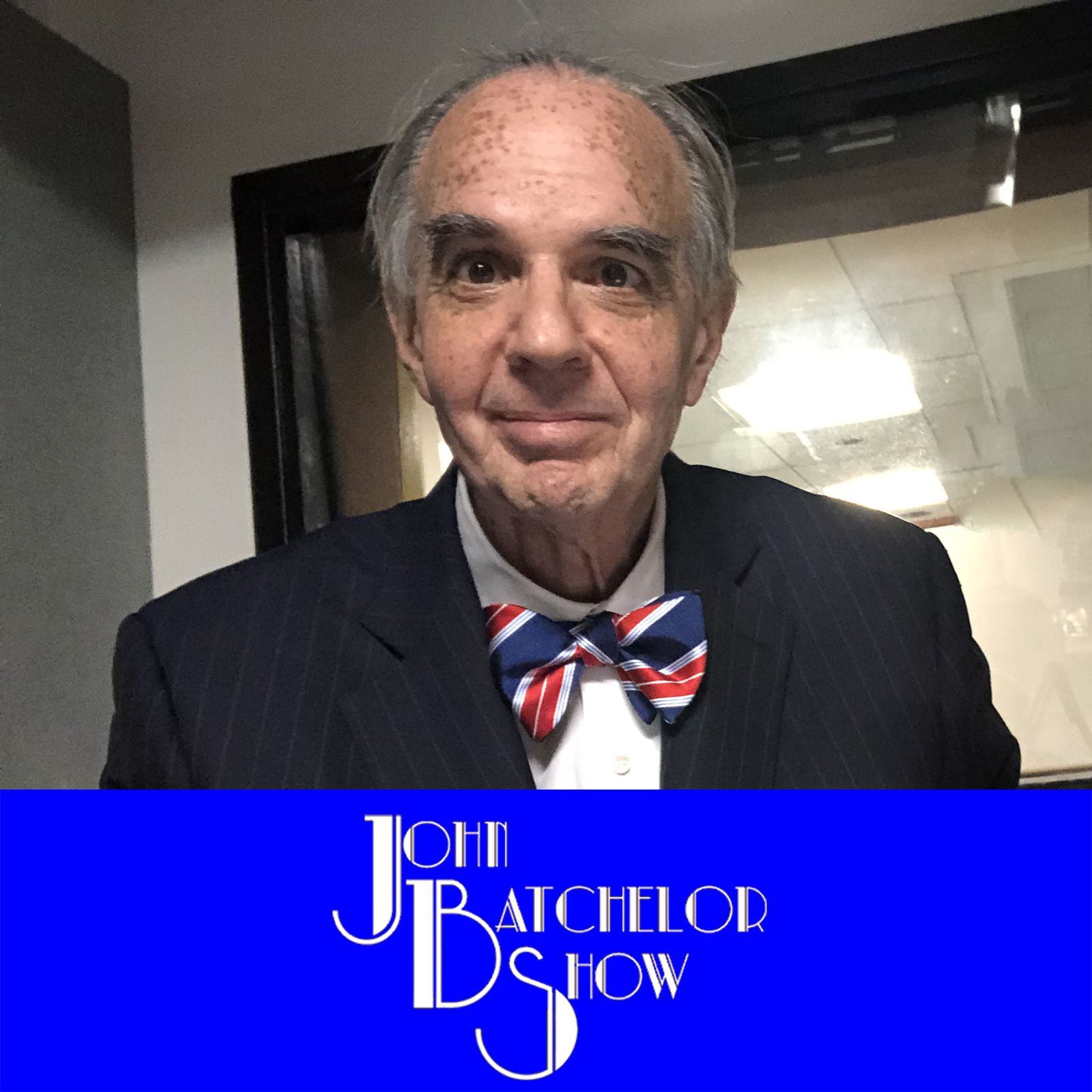- After-Shows
- Alternative
- Animals
- Animation
- Arts
- Astronomy
- Automotive
- Aviation
- Baseball
- Basketball
- Beauty
- Books
- Buddhism
- Business
- Careers
- Chemistry
- Christianity
- Climate
- Comedy
- Commentary
- Courses
- Crafts
- Cricket
- Cryptocurrency
- Culture
- Daily
- Design
- Documentary
- Drama
- Earth
- Education
- Entertainment
- Entrepreneurship
- Family
- Fantasy
- Fashion
- Fiction
- Film
- Fitness
- Food
- Football
- Games
- Garden
- Golf
- Government
- Health
- Hinduism
- History
- Hobbies
- Hockey
- Home
- How-To
- Improv
- Interviews
- Investing
- Islam
- Journals
- Judaism
- Kids
- Language
- Learning
- Leisure
- Life
- Management
- Manga
- Marketing
- Mathematics
- Medicine
- Mental
- Music
- Natural
- Nature
- News
- Non-Profit
- Nutrition
- Parenting
- Performing
- Personal
- Pets
- Philosophy
- Physics
- Places
- Politics
- Relationships
- Religion
- Reviews
- Role-Playing
- Rugby
- Running
- Science
- Self-Improvement
- Sexuality
- Soccer
- Social
- Society
- Spirituality
- Sports
- Stand-Up
- Stories
- Swimming
- TV
- Tabletop
- Technology
- Tennis
- Travel
- True Crime
- Episode-Games
- Visual
- Volleyball
- Weather
- Wilderness
- Wrestling
- Other
1/4: Equality of Opportunity: A Century of Debate Hardcover – by David Davenport (Author), Gordon Lloyd (Author)
1/4: Equality of Opportunity: A Century of Debate Hardcover – by David Davenport (Author), Gordon Lloyd (Author)
https://www.amazon.com/Equality-Opportunity-Century-David-Davenport/dp/0817925848
For over one hundred years, Americans have debated what equality of opportunity means and the role of government in ensuring it. Are we born with equality of opportunity, and must we thus preserve our innate legal and political freedoms? Or must it be created through laws and policies that smooth out social or economic inequalities? David Davenport and Gordon Lloyd trace the debate as it has evolved from America's founding into the twentieth century, when the question took on greater prominence. The authors use original sources and historical reinterpretations to revisit three great debates and their implications for the discussions today. First, they imagine the Founders, especially James Madison, arguing the case against the Progressives, particularly Woodrow Wilson. Next are two conspicuous public dialogues: Herbert Hoover and Franklin Delano Roosevelt's debate around the latter's New Deal; and Ronald Reagan's response to Lyndon B. Johnson's Great Society and War on Poverty. The conservative-progressive divide in this discussion has persisted, setting the stage for understanding the differing views about equality of opportunity today. The historical debates offer illuminating background for the question: Where do we go from here?
1890 PA

